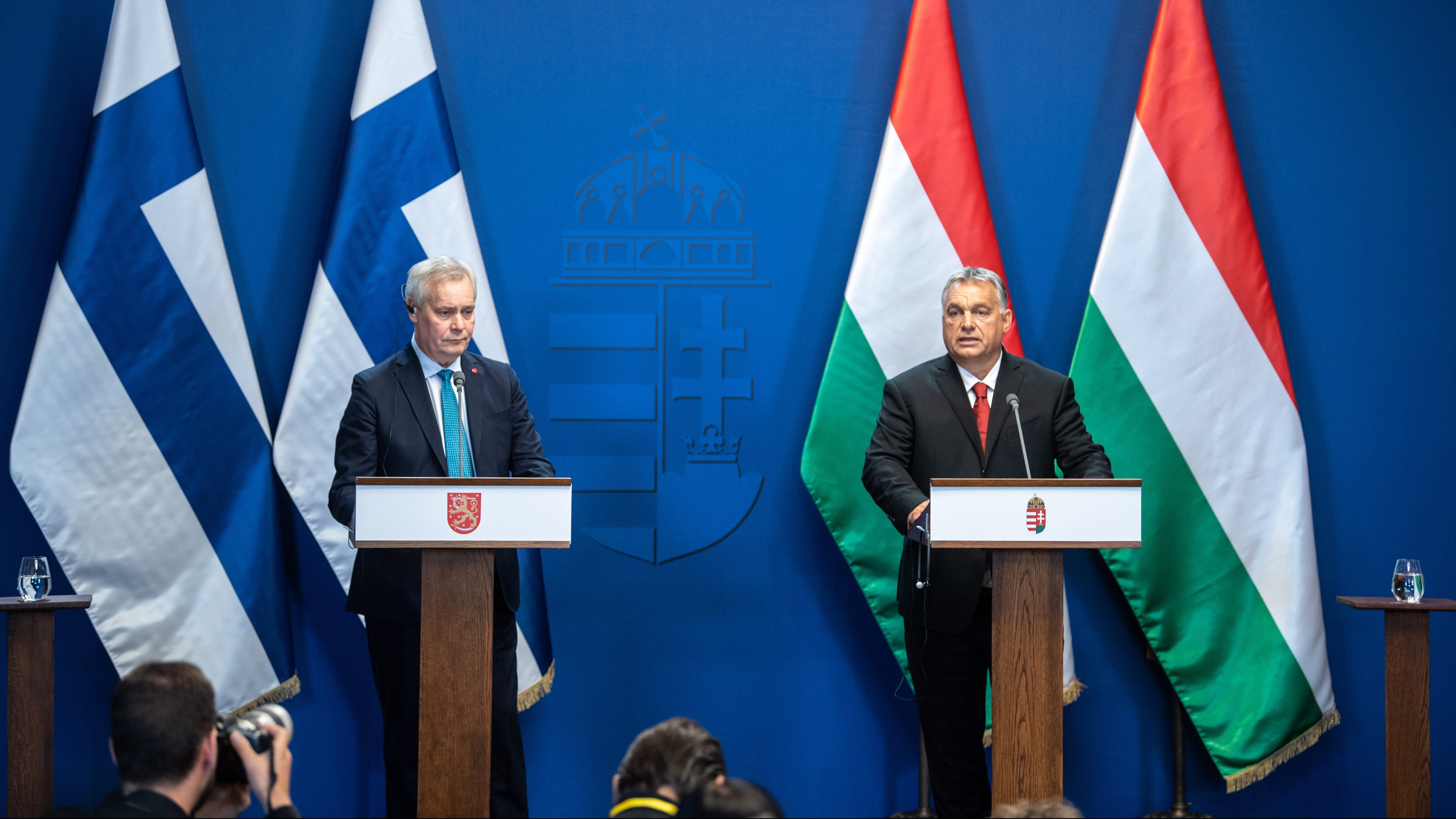
I salute journalists suffering from sleep deprivation who have been kind and tenacious enough to wait for us. The honourable Prime Minister was obliging enough to make this meeting today possible, despite the fact that we were only able to start late this afternoon, due to the funeral of Jacques Chirac. I thank the Prime Minister for his flexibility.
I can summarise our talks about bilateral relations by saying that, while all the conditions exist for economic relations to be just as productive as cultural and political relations are, neither the volume nor quality of economic cooperation between our two countries is satisfactory. We agreed that in the period ahead we will seek to find the means to improve both the percentage and composition of trade and economic relations between the two countries. We spoke at length about the issue of energy systems, which are important for both countries. We have the honour of welcoming here the prime minister of a country who in essence has the same view on his country’s energy future as ours on Hungary’s energy future. We also think that we must build the future on nuclear energy, and also on renewables. It’s clear that it’s impossible to achieve climate targets without nuclear energy. With pride, but all due modesty, I told the honourable Prime Minister that our energy programme states that by 2030 90 per cent of the energy generated in Hungary will be carbon neutral. This is an ambitious goal, but it’s in the form of a plan phased over a number of years, and we shall adhere to it. I’ve seen that the goal of the Finnish people is even more ambitious, but the Prime Minister will tell you about that; they’ve set themselves even more ambitious goals. Once we have implemented our current goals, we ourselves will gladly set more ambitious ones. That will be the point from which we can move further forward. We also spoke at length about European issues, and we agreed that the European institutions now being formed will have to concentrate much harder and much more on the issues that we agree on: we must place more emphasis on issues that we agree on, and less on those on which there are differences between us. On the whole, however, we both hope that the new institutional leaders about to take office will oversee a more successful of five-year term than the one that’s just coming to a close; we hope that we’ll succeed in reducing the number of conflicts, and increasing the number of agreements. It has emerged that both Finland and Hungary have an interest in this, and I truly hope that in the next few years there will be a stronger relationship than there has been in recent years between myself and the honourable Prime Minister – whom, incidentally, I congratulate on his clear election result and the formation of his government.
